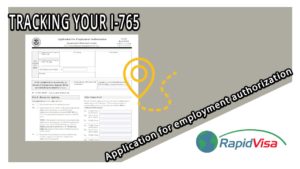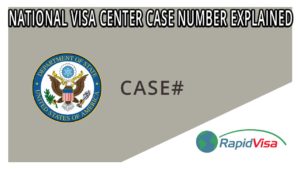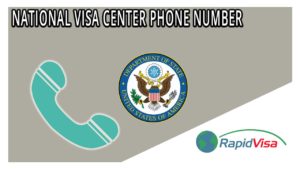
All applicants for nonimmigrant visas are advised to arrive at the Embassy gates at least an hour before their scheduled appointments and to be inside the Embassy at least 15 minutes before their appointments.
Read More »
All applicants for nonimmigrant visas are advised to arrive at the Embassy gates at least an hour before their scheduled appointments and to be inside the Embassy at least 15 minutes before their appointments.
Read More »
This article will cover the entry and exit requirements for U.S. citizens visiting the Philippines as a tourist. This article covers quite a bit of information so it has been written in a five-part series with the first part covering the initial requirements to enter and exit the Philippines without extending or requiring a waiver.
Read More »
St. Luke’s Medical Center Extension Clinic (SLEC) now offers online registration for those applying for a U.S. Immigrant Visa. This online service is to aid in the registration process and is expected to reduce registration time by having most of the applicant’s information ready upon arrival at the registration area.
Read More »
A Consular Report of Birth Abroad (CRBA), is an official record of U.S. citizenship issued to a person under age 18 who was born abroad to United States citizen parent(s) and acquired citizenship at birth. Schools, the Social Security Agency, and other institutions throughout the United States accept it and give it the same credence they give to birth certificates issued by state authorities in the United States.
Read More »
No matter where you file your I-765, Application for Employment Authorization (also known as the Work Permit or EAD), all cards are created and mailed from the USCIS card production facility in Kentucky. In 2011, USCIS initiated the secure mail initiative in partnership with the United States Post Office (USPS).
Read More »
Many people ask how much cash they can bring into the Philippines. There actually is no limit at all. You can carry all the cash you want as long as you declare anything over US $10000. There is no tax and nobody will take the money away from you (unless you get robbed in the parking lot).
Read More »
All travelers with or without visa will be asked to complete an I-94 Arrival/Departure Record form before landing in the United States. Travelers without a visa use the green form and travelers with a visa use the white from.
Read More »
The National Visa Center (NVC) assigns each immigrant petition a case number. The NVC case number has three letters followed by ten numbers. The three letters are an abbreviation for the overseas embassy or consulate that will process the immigrant visa case (for example, JAK for Jakarta, MNL for Manila).
Read More »
All visa applicants, regardless of age, need to complete a medical examination at the St. Luke’s Medical Center Extension Clinic (SLMCEC) before the visa interview. Applicants are advised to have their medical examinations done at least one week before their interview appointment at the U.S. Embassy in Manila.
Read More »
24-Hour Information An automated recorded message system is available twenty-four hours a day, seven days a week to answer case status inquiries (603) 334-0700. Note: This service requires the use of a touch-tone telephone. Operator Assistance Customer service representatives are available to respond to more in-depth inquiries.
Read More »